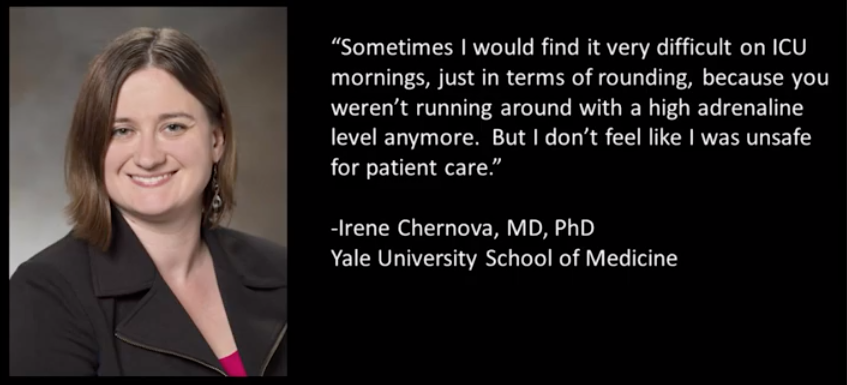As bodies age, skin loses its elasticity and becomes wrinkled. According to a new study, the loss over time of a protein called HAPLN1 contributes to that process—and at the same time may increase the risk of metastatic melanoma.
Researchers at Philadelphia’s Wistar Institute described HAPLN1 as a “knitting needle” that binds the skin and helps it maintain elasticity. The loss of that binding effect loosens the matrix of the skin, not only facilitating wrinkles but allowing tumor cells within the skin to spread more easily to other parts of the body.
Click here to read more about this research from The Wistar Institute.








